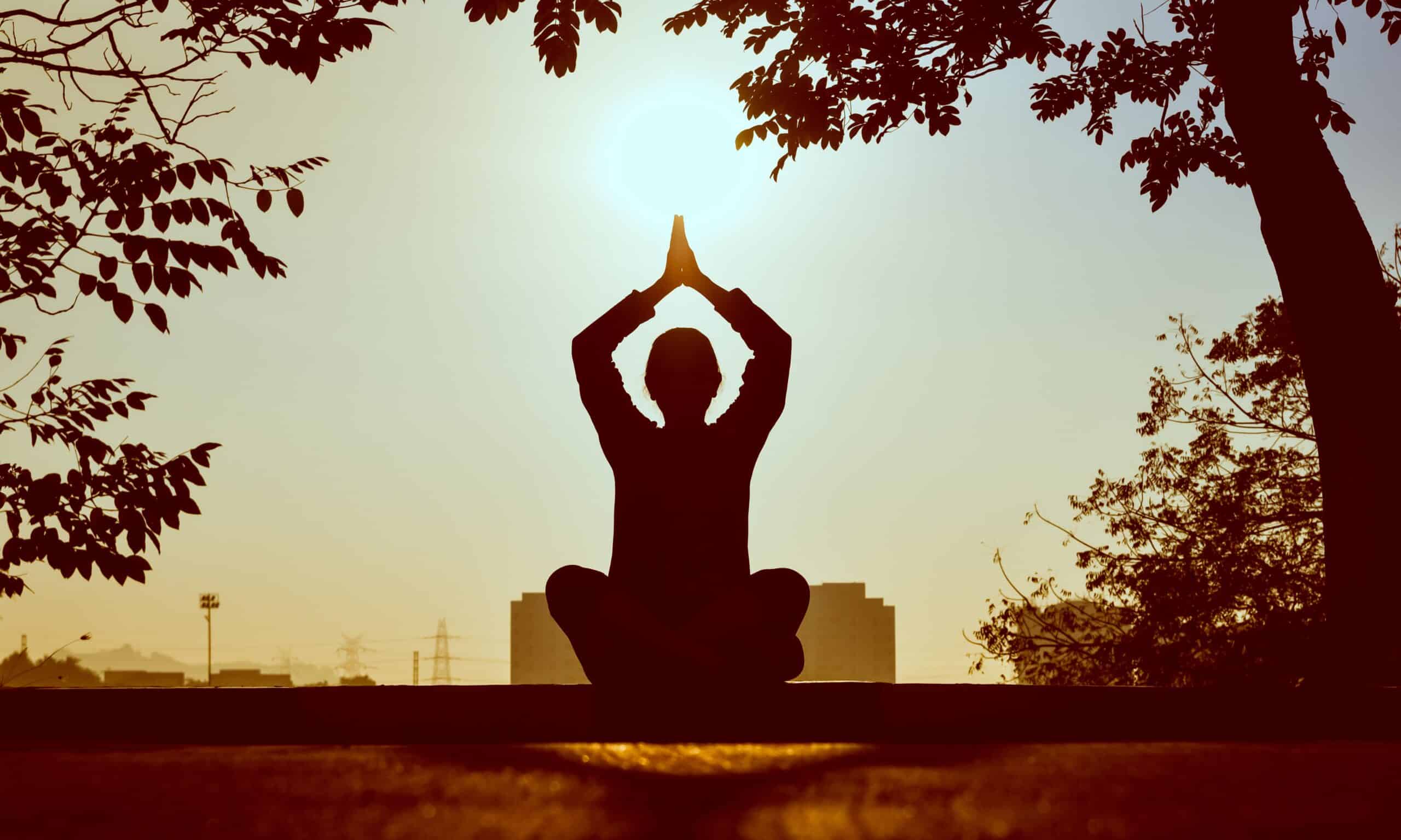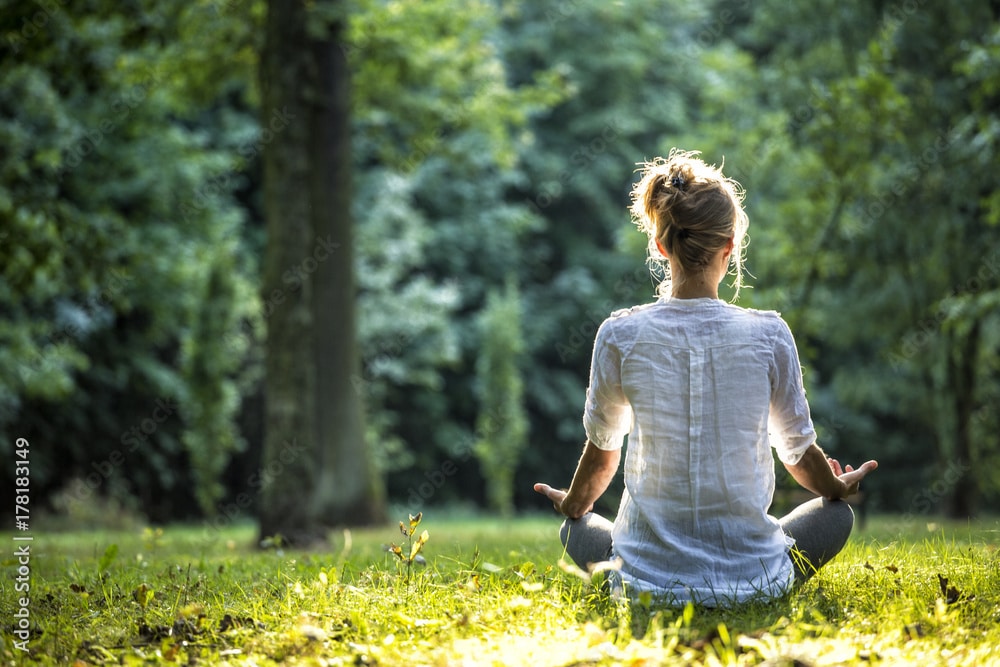Carol Wilson Meditation: Unlock the Power of Your Mind

Our fast-paced world has made stress and anxiety a part of our everyday lives. Consequently, meditation has emerged as a powerful tool to combat these negative emotions and improve our well-being. Moreover, one particular meditation technique that has gained popularity is Wilson’s technique for inner peace. In this article, we will delve into the life and teachings of Carol Wilson, examine the benefits of her meditation technique, and explore effective ways to practice it.
Who is Carol Wilson?
Carol Wilson is a renowned spiritual teacher with decades of experience in the field. Furthermore, she has dedicated her life to helping individuals achieve mental clarity, emotional stability, and spiritual growth through meditation. Moreover, Carol’s unique approach to meditation has earned her recognition and respect among her peers and students.
Having trained under various meditation masters, she not only possesses extensive knowledge but also understands different meditation techniques. Additionally, she combines these techniques to create a personalized meditation experience for her students, thereby catering to their needs and goals.
Understanding Meditation
The purpose of meditation is to achieve mental clarity and emotional stability by focusing one’s attention on a specific object, thought, or activity. Furthermore, the ultimate goal of meditation is to cultivate mindfulness and awareness, which in turn leads to personal growth and self-realization.
There are numerous types of meditation techniques, each with its benefits. Some standard techniques include:
- Meditation with mindfulness: Accepting the present moment without judgement.
- Transcendental Meditation: Repeating a specific mantra to achieve a state of relaxed awareness.
- Compassionate meditation: Developing feelings of love and compassion for oneself and others.
Practicing Contemplation offers a wide range of benefits, including:
- Reduced stress and anxiety levels.
- Improved mental clarity and focus.
- Enhanced emotional well-being.
- Increased self-awareness and personal growth.
Many individuals who have practiced according to her guidelines have reported experiencing a profound sense of serenity and tranquility. Consequently, this heightened state of calm has led to improved relationships, better decision-making, and overall happiness. Furthermore, these practices have not only benefited individuals personally, but have also positively impacted their professional lives.
Moreover, by integrating these principles into their daily routines, individuals have witnessed significant improvements in their work productivity, job satisfaction, and career advancements. In addition, the positive effects have extended beyond the workplace, as individuals have found that their newfound serenity has influenced their interactions with colleagues and clients, fostering a more harmonious and productive professional environment.

How to Practice Meditation
To practice Meditation, follow these step-by-step instructions:
Firstly, find a quiet and comfortable space to sit or lie down without distractions. Once you have found your ideal spot, close your eyes and take a few deep breaths to relax your body and mind.
Next, choose a focus for your meditation. This could be your breath, a mantra, or a visualization. Whatever you choose, ensure it is something that resonates with you.
Now, gently bring your attention to your chosen focus, and make a conscious effort to let go of any thoughts or distractions that arise. It’s important to remain fully present in the moment.
Inevitably, there may be times when your mind wanders. When this happens, gently bring your focus back to your chosen point of concentration, without judgment or self-criticism.
Additionally, it’s recommended to meditate for a desired period of time, gradually increasing the duration over time. This will allow you to deepen your practice and experience the benefits of meditation more fully.
To get the most out of your meditation practice, it’s crucial to remain consistent and patient with yourself. Remember, developing a meditation skill requires time and practice.
Conclusion
Carol Wilson, Meditation is a powerful and transformative practice that can help individuals achieve mental clarity, emotional stability, and spiritual growth. Moreover, by incorporating this technique into your daily routine, you can unlock the full potential of your mind and experience the numerous benefits it offers. So why not give Meditation a try and discover the profound impact it can have on your life?
Frequently Asked Questions
Q: How long should I practice Meditation each day?
A: Beginners can start with 10–15 minutes of daily practice and gradually increase the duration as they become more comfortable with the technique.
Q: Can I practice Meditation if I have no prior experience with meditation?
A: Absolutely! Meditation is suitable for individuals of all experience levels, from beginners to seasoned practitioners.
Q: Do I need any special equipment or tools to practice Carol Wilson Meditation?
A: No, all you require is a quiet and comfortable space to meditate without distractions.
External sources:
Harvard Health Publishing – Meditation: A simple, fast way to reduce stress
Mayo Clinic – Meditation: A simple, fast way to reduce stress

Leave a Reply